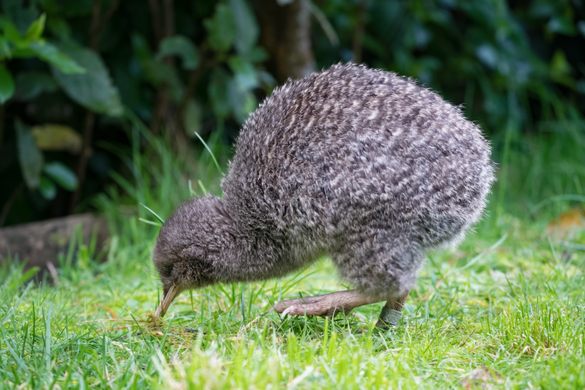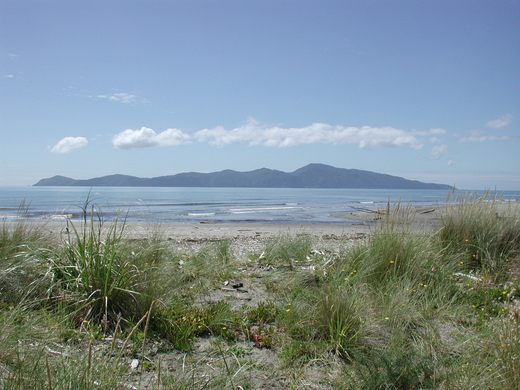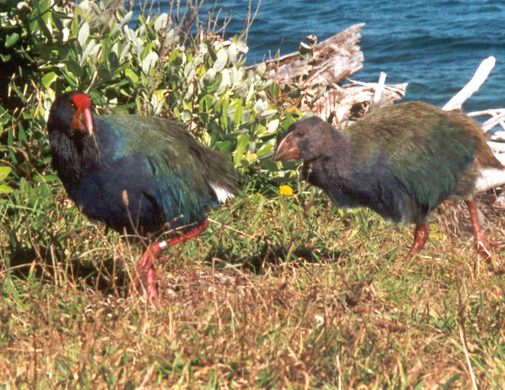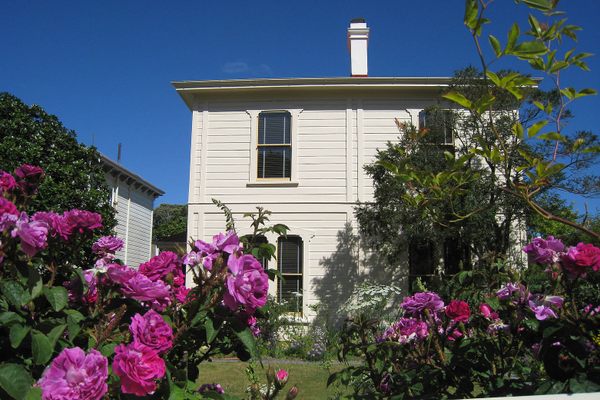Kapiti Island Nature Reserve
Only 68 people per day are allowed to visit this New Zealand bird-watcher’s paradise.
An hour’s drive north of Wellington is the Kapiti Coast from which nature enthusiasts can get tours to the island nature reserve that lies across the Rauoterangi channel. Kapiti Island is one of New Zealand’s celebrated conservation success stories since invasive predators have been fully eradicated allowing rare bird species to thrive. Limited access helps maintain the pristine environment, but humans have lived on the island for nearly 800 years.
The Maori call the island Te Waewae-Kapiti-o-Tara-raua-ko-Rangitane and began settling there in the 18th century, around the same time that Captain Cook visited in 1770. During the 19th century, more than 2,000 people employed by the whaling industry occupied the island and some of the blubber pots they used can still be seen on the island. The island was also was also the center of the middle New Zealand empire ruled by chief Te Rauparaha from the 1830s to the 1860s.
Today, the oldest building on the island is the Whare Tawhito, built in 1897 when the government purchased the island to restore New Zealand’s natural heritage. It was once the home of the world’s first state-sponsored conservation officer, Richard Henry, and today it is the first stop for visitors where they receive instructions about exploring the island.
Following the elimination of rats, cats, possums, sheep, dogs, and mustelids, the island’s rare bird population has flourished. One of the great success stories is the thriving population of 1,200 little-spotted kiwis which are extinct on the North and South islands, but which were brought back from the brink when five birds were transplanted to Kapiti in 1912.
Other species for which lucky twitchers should be on the lookout include kakariki (red-crowned parakeet) and the kaka, a medium sized parrot and close relative of the famous kea and kakapo. Although the omnivorous weka, a flightless rail, also lives on the island, it has not posed a threat to more endangered species, and its cousin the takahe has also done well on Kapiti now boasting a nationwide population of 347.
Visitors to Kapiti Island will no doubt be amazed by New Zealand’s natural splendor, even if this island is truly for the birds.
Know Before You Go
Visiting the island must be done through one of two approved tour companies, Kapiti Island Eco Experience, or Kapiti Island Nature Tours.



















Follow us on Twitter to get the latest on the world's hidden wonders.
Like us on Facebook to get the latest on the world's hidden wonders.
Follow us on Twitter Like us on Facebook